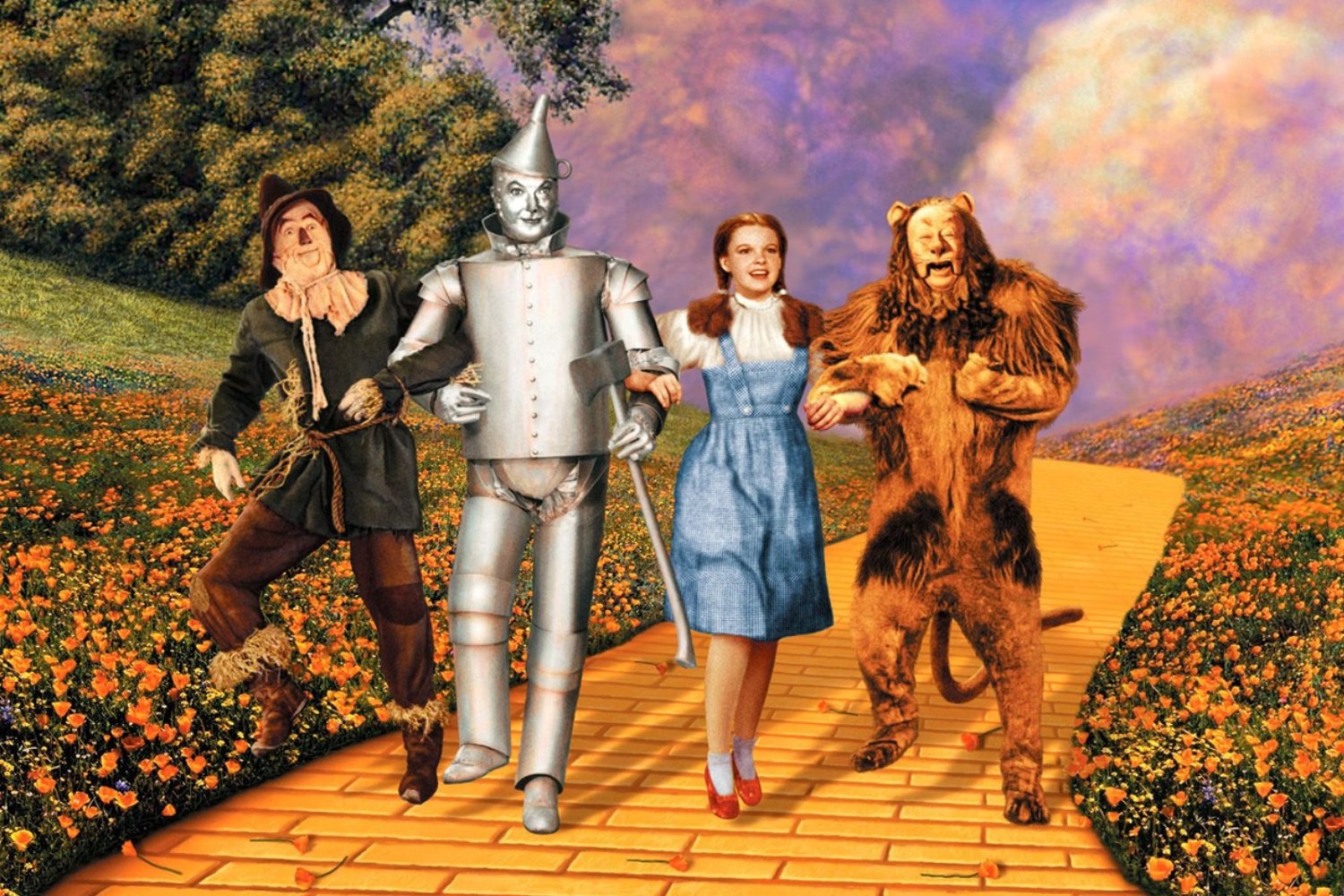AMC Theaters is embracing the latest trend by premiering a Swedish film, Watch the Skies, using a novel AI-based dubbing technique that makes the actors appear to be speaking in English. Unlike traditional dubbing, this method not only replaces the original voice tracks with English ones but also alters the actors’ facial movements to create a more authentic English-speaking experience. The original actors from the film have voiced the new English-language track, which complies with SAG-AFTRA rules designed to protect members from the potential threat of AI replacing human talent.
The company behind this “visual dubbing” technology is Flawless AI. By digitally modifying the film’s images to make it seem like it was originally filmed in English, the goal is to attract more viewers who might be put off by traditional dubbing. This new approach addresses the common issue of lip sync problems that can occur when translating a film into another language, as it adjusts the mouth movements to match the new dialogue.
However, some critics may argue that this AI-based dubbing perpetuates the idea that English is the superior language, potentially erasing other cultures and dialects in the process. This comes at a time when foreign language films have gained significant popularity in the United States, with many viewers becoming more accepting of using subtitles. The concern is that Hollywood, which already dominates the global entertainment industry, may be encroaching on the success of local film industries in other countries that are just beginning to gain international recognition.
Others might argue that the majority of the world does not speak English and should not be forced to accommodate American preferences. Nonetheless, this seems like a minor case, as the film in question is a small-budget movie intended for release in English-speaking markets.
There is also a concern that watching a film in a language other than its native tongue might result in the loss of some emotional depth or nuances in the dialogue. Voice actors, however, have improved significantly over the years, and proponents of dubbing argue that viewers should be able to watch films in whichever way they prefer.
Several companies, including those beyond AMC, have started utilizing AI-based dubbing to expand their content’s reach. For instance, the popular YouTube creator Mr. Beast made headlines a few years ago for dubbing his videos into languages like Spanish and Mandarin, albeit using a more manual and expensive process at the time. More recently, YouTube introduced a tool that allows creators to automatically generate AI voiceovers in other languages.
The true value of AI technology in the film industry remains to be seen, but there is hope that it can streamline production processes and reduce costs, particularly for visual effects. However, the accessibility of AI also raises concerns about its potential misuse, as companies might cut corners and fail to use these tools intentionally. While some AI tools, such as OpenAI’s Sora, which can generate short video clips from text prompts, have received criticism for their poor quality, others from companies like Runway and Google have been better received, although studios still face significant pushback from actors over the use of AI in film production.
Source Link





